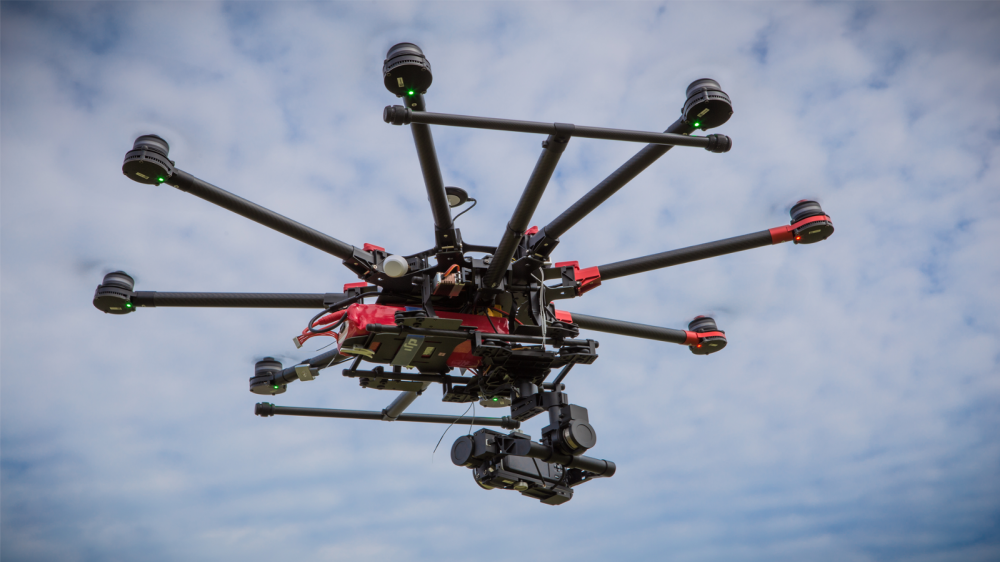, Fate of the Furious and Jurassic World are just some of the Hollywood productions in recent years taking advantage of drone technology for stunning aerial shots. But how about the individuals who remotely pilot these drones? Where do they fit in within the entertainment industry’s labor ranks?
The question happens to be the subject of an ongoing dispute between Warner Bros. and IATSE Local 600, the International Cinematographers Guild. After the studio hired three drone technicians in 2015 for Rush Hour, a TV series based on the film franchise, the guild initiated arbitration in an attempt to get the trio health and pension benefits afforded to employees under IATSE’s collectively bargained agreement with producers. Rush Hour only lasted 13 episodes on CBS, but the labor squabble continues to this day and was made public on Tuesday when Warners went to federal court to ensure that one of the drone pilots showed up at an arbitration hearing scheduled for May 2.
Although labor arbitration within Hollywood is common especially upon new technology, the issue of drones is its own particular vehicle of dissent. That’s because piloting a commercial drone requires a license from the Federal Aviation Administration. Those who are licensed tend to own their own drone companies. Warner Bros. is arguing in arbitration that these pilots can’t be employees because if they are, that could make the studio susceptible to FAA action for being an unlicensed drone operator. In Warners’ eyes, using a subcontracted vendor here is what makes sense.
The International Cinematographers Guild points to a labor agreement that provides that it “shall cover the work of all phases of motion and still picture photography,” and adds that aerial directors of photography, camera operators and camera technicians have been recognized within its jurisdiction. That might be so, counters Warners, but the pilots of helicopters carrying cameramen aren’t. The guild responds that drone technicians aren’t simply flying stuff, they are also spontaneously making creative decisions regarding camera placement and shot execution.
With a big upcoming hearing that may require testimony from those working the drones, both sides declined to publicly comment about the case.
Source: The Hollywood Reporter

